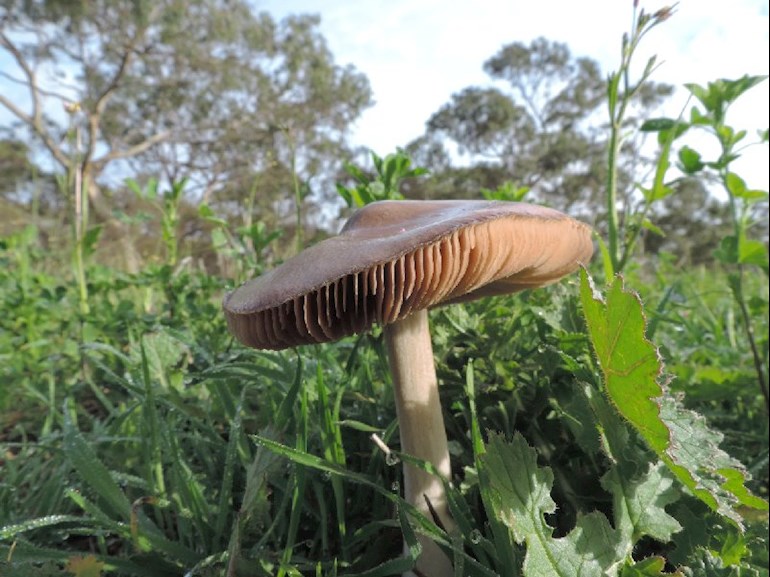In developed countries, infectious diseases accounted for most deaths until very recently. And in developing countries, infectious diseases remain the cause of death for a large percentage of the population.
It is in this setting that the discovery of penicillin in 1928 by Alexander Fleming was so instrumental in shaping modern health care. For the first time we had a reliable weapon against common infections; this was the start of the antibiotic era.
:
By 1942, strains of Staphylococcus aureus were already resistant to penicillin. Today, around the world, many of the bacteria originally sensitive to the effects of penicillin are resistant.
On the other hand, many common bacteria still retain sensitivity to penicillin. Penicillin remains the antibiotic of choice for pneumonia in the community, as common bacteria such as pneumococcus are still overwhelmingly sensitive to penicillin.
:
And, like all antibiotics, penicillins can lead to infection with Clostridium difficile, an organism that causes severe diarrhoea, due to alteration of the normal gut bacteria.
Penicillins are generally safe to use with other medications. Occasionally, though, they can modify levels of certain medications such as methotrexate, which is used to treat cancer and autoimmune disorders.
Sergio Diez Alvarez, Director Of Medicine, The Maitland and Kurri Kurri Hospital, University of Newcastle, Australia, briefly outlines the discovery of penicillin, how it works, its chemical structure, bacterial resistance development, use and cost and side effects: theconversation.com/weekly-...
Neil

